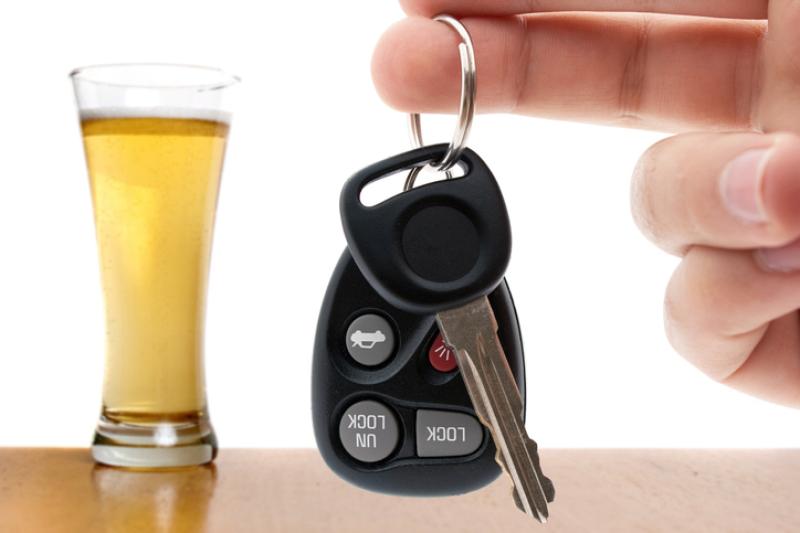The Top Reasons Why a Criminal Defence Lawyer Would Refuse a Case

Criminal defence lawyers play a crucial role in upholding justice and defending the rights of individuals accused of crimes. While they are committed to providing legal representation to those in need, there are instances where they might refuse to take on a case. In this blog post, we'll explore the top reasons why a criminal defence lawyer might choose not to accept a case.
Conflict of Interest
One of the most common reasons an attorney might refuse a case is a conflict of interest. This occurs when the lawyer has a prior or existing relationship with another party involved in the case. For example, if they have represented a co-defendant, victim, or witness in the past, it could create a conflict that prevents them from representing a new client effectively.
Lack of Expertise or Experience
The law is diverse and complex, covering a wide range of offenses from drug charges to white-collar crimes. A criminal defence lawyer may refuse a case if they lack the specific expertise or experience required to handle the charges effectively. Lawyers often specialize in certain areas of criminal law, and taking on a case outside their expertise could jeopardize the client's success.
Ethical Concerns
Ethical considerations are paramount for criminal defence lawyers. They must adhere to strict ethical guidelines, and they may refuse a case if they believe it involves illegal or unethical activities. Additionally, if a potential client insists on pursuing a strategy that conflicts with the lawyer's ethical principles, they may decline the case to avoid compromising their integrity.
Unavailability or Overload
Criminal defence lawyers often have busy schedules, handling multiple cases simultaneously. If a lawyer is already overloaded with cases and believes they cannot provide adequate attention and resources to a new client, they may refuse the case to ensure the quality of representation for their existing clients.
Unrealistic Expectations
Sometimes, potential clients have unrealistic expectations about the outcome of their case. If a criminal defence lawyer believes that a client's expectations are overly optimistic or disconnected from the legal realities of their situation, they may decline the case to avoid potential conflicts and misunderstandings.
Lack of Trust or Communication
Effective communication and trust between an attorney and their client are essential for a successful defence. If a potential client demonstrates a lack of trust in their attorney or refuses to follow their legal advice, it may create a strained attorney-client relationship. In such cases, the attorney may choose not to take on the case.
Financial Constraints
While many criminal defence lawyers provide pro bono services or work on a sliding scale, some clients may not have the means to afford legal representation. If a potential client cannot pay for legal services and there are no alternatives, such as legal aid or public defenders, the lawyer may decline the case due to financial constraints.
Lack of Credibility
A client's credibility and honesty are critical in a criminal case. If an attorney has reason to believe that a potential client is not providing accurate information or is withholding crucial details, they may refuse the case. False information can undermine the strategy and damage the lawyer's reputation.
Legal Conflicts
In some cases, a criminal defence lawyer may have a legal conflict that prevents them from representing a potential client. For instance, they may have previously represented a witness who could testify against the new client, creating a conflict that could compromise the attorney's ability to provide effective representation.
Personal Reasons
Lastly, defence attorneys are human beings, and personal reasons can also influence their decision to refuse a case. These reasons could range from health issues to family commitments that make it difficult for them to take on new clients at a particular time.
Final Thoughts
While defence attorneys are dedicated to protecting the rights of individuals accused of crimes, they must carefully evaluate potential cases to ensure they can provide effective representation. The decision to refuse a case is often based on a combination of ethical, legal, practical, and personal factors. By doing so, criminal defence lawyers can uphold their commitment to the principles of justice while maintaining the quality of their legal services.
More to Read:
Previous Posts:







